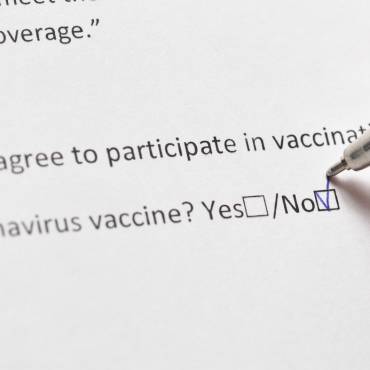Tokyo’s Ministry of Health and Welfare today instructed the Japanese distributor of the drug to include a warning not to give the drug to patients aged between 10 and 19, after reports that at least 18 Japanese children taking Tamiflu have died as a result of irrational behaviour.
Concern over Tamiflu will complicate international preparations for a catastrophic bird flu pandemic, against which it is seen as the final line of defence.
Despite scores of deaths in south-east Asia, there have been no cases of human bird flu in Japan, and the 8.6 million people who receive the drug every year are suffering from the common form of human influenza.
But for the past three years, there have been alarming stories of young people succumbing to fits of self-destructive behaviour while receiving Tamiflu.
Relatives who believe that their children were adversely affected by the drug have formed a lobby group to demand its withdrawal from sale.
One of the most disturbing cases was in February 2004 when a 17-year old boy took one capsule of Tamiflu at his home in Gifu prefecture, central Japan. No one was at home to witness what happened next, but he appears to have left the house in his pyjamas, walked barefoot through a snowstorm, climbed over two fences and stepped in front of an oncoming truck. The driver told police that he was smiling at the moment of impact.
At the end of last month, a fourteen year old boy in the city of Sendai told his mother that he was going to the toilet, but then walked out of the front door of his eleven storey apartment. His mother ran out to see him straddling the four foot guard rail and despite her cries of warning he fell to his death in the car park below. He had taken two Tamiflu capsules, the first day of a five day prescribed course for influenza.
According to Japan’s health ministry, most of the 54 Japanese who died after taking Tamiflu by October last year, succumbed to liver or other organ failure, most likely caused by influenza. But 16 of them were children aged 16 or under, several of whom had exhibited “abnormal” behaviour.
The drug is already sold in Japan with a general warning that users may have psychological side effects including abnormal behaviour and hallucinations.
Source: The Times, 21st March 2007.

